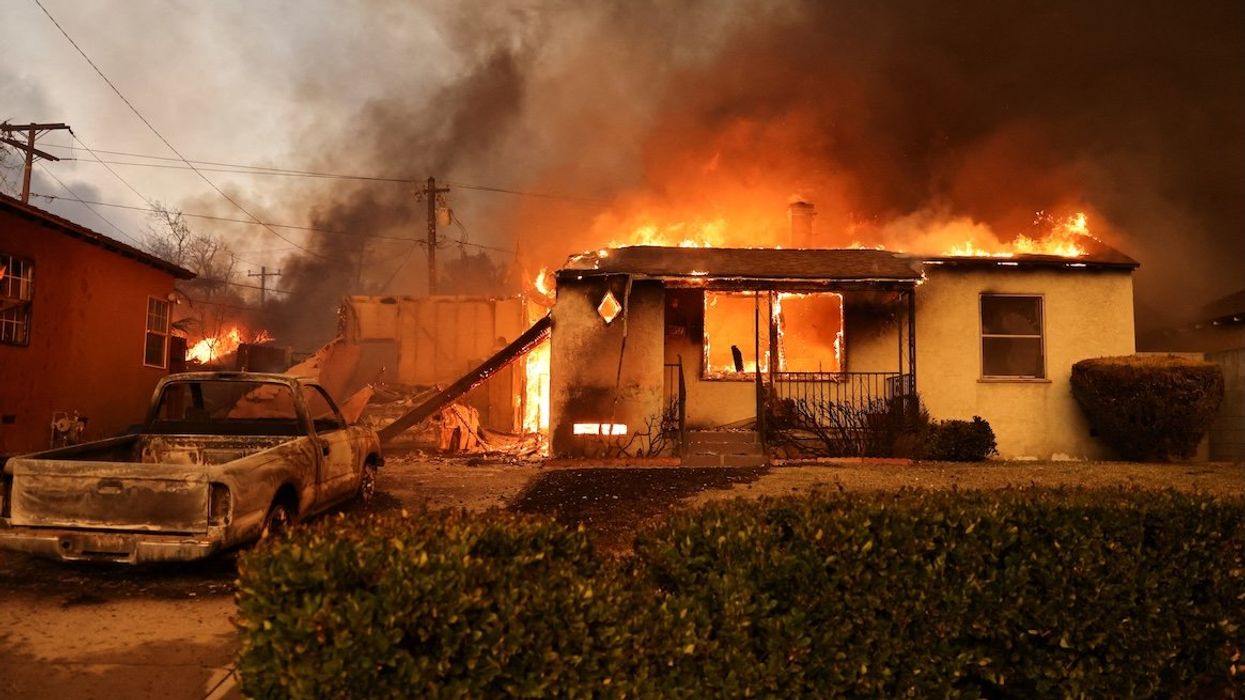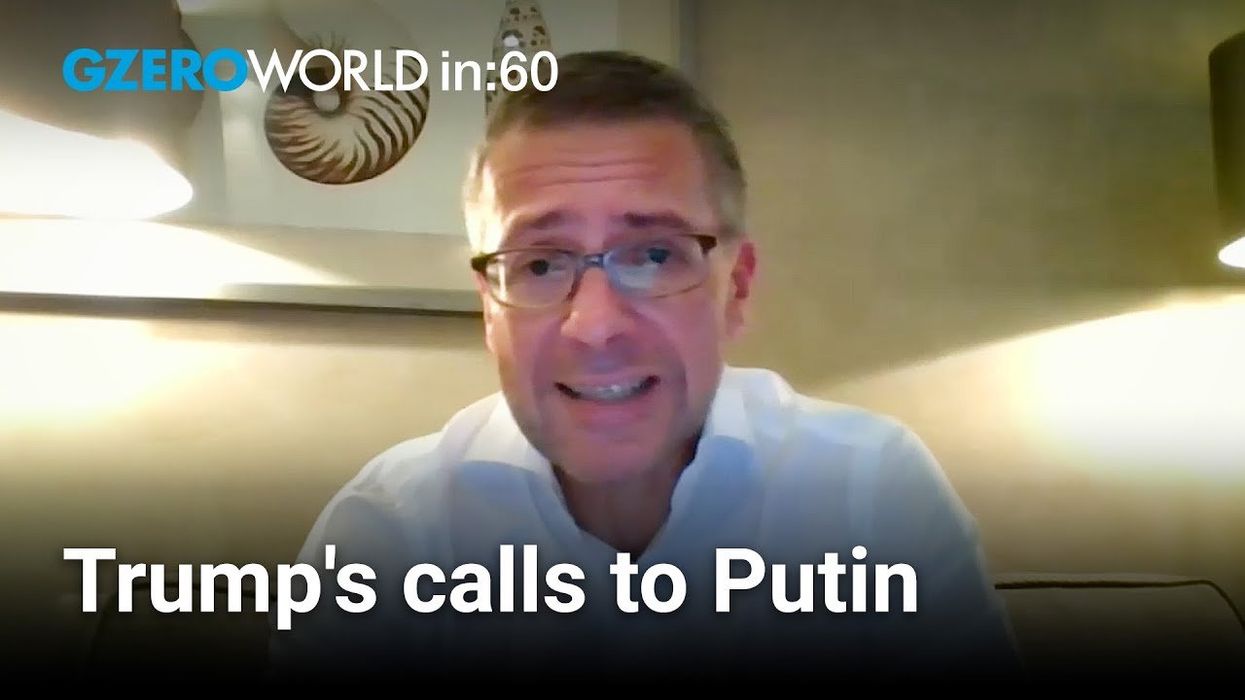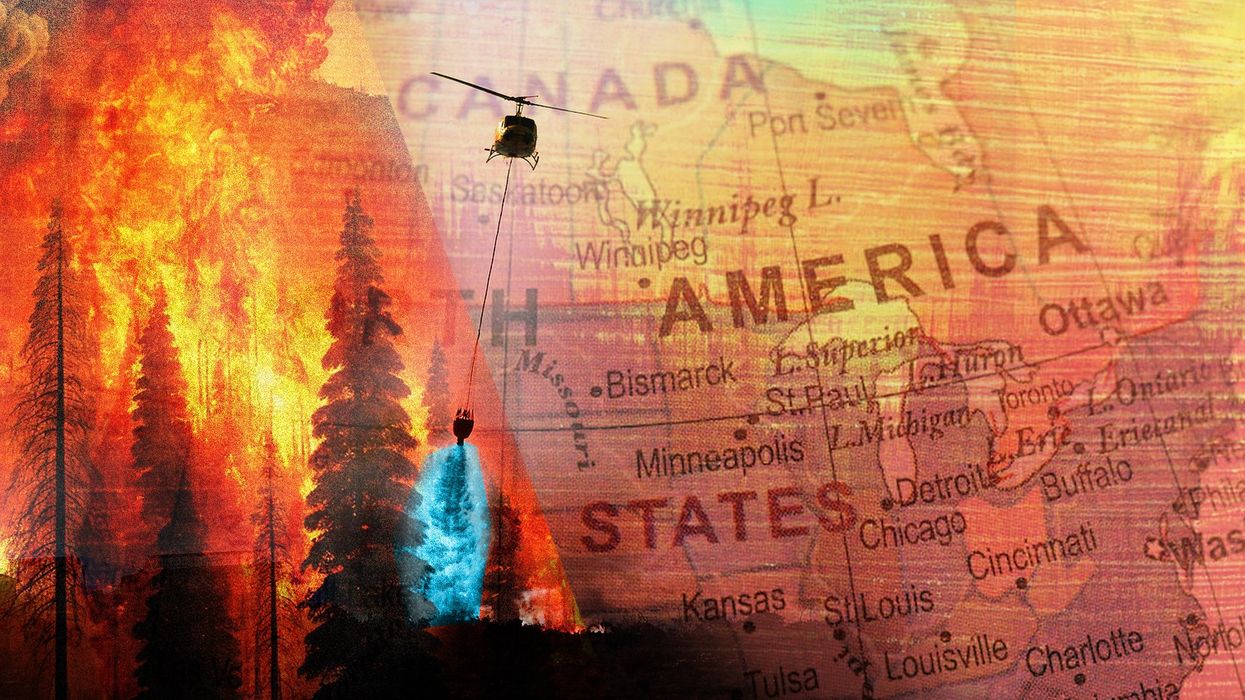What We're Watching
Wildfires are raging in Los Angeles. So is their politicization.
As wildfires scorched Los Angeles for a second day on Wednesday, hurricane-strength winds and limited water supplies complicated efforts to contain the flames.
Jan 08, 2025




